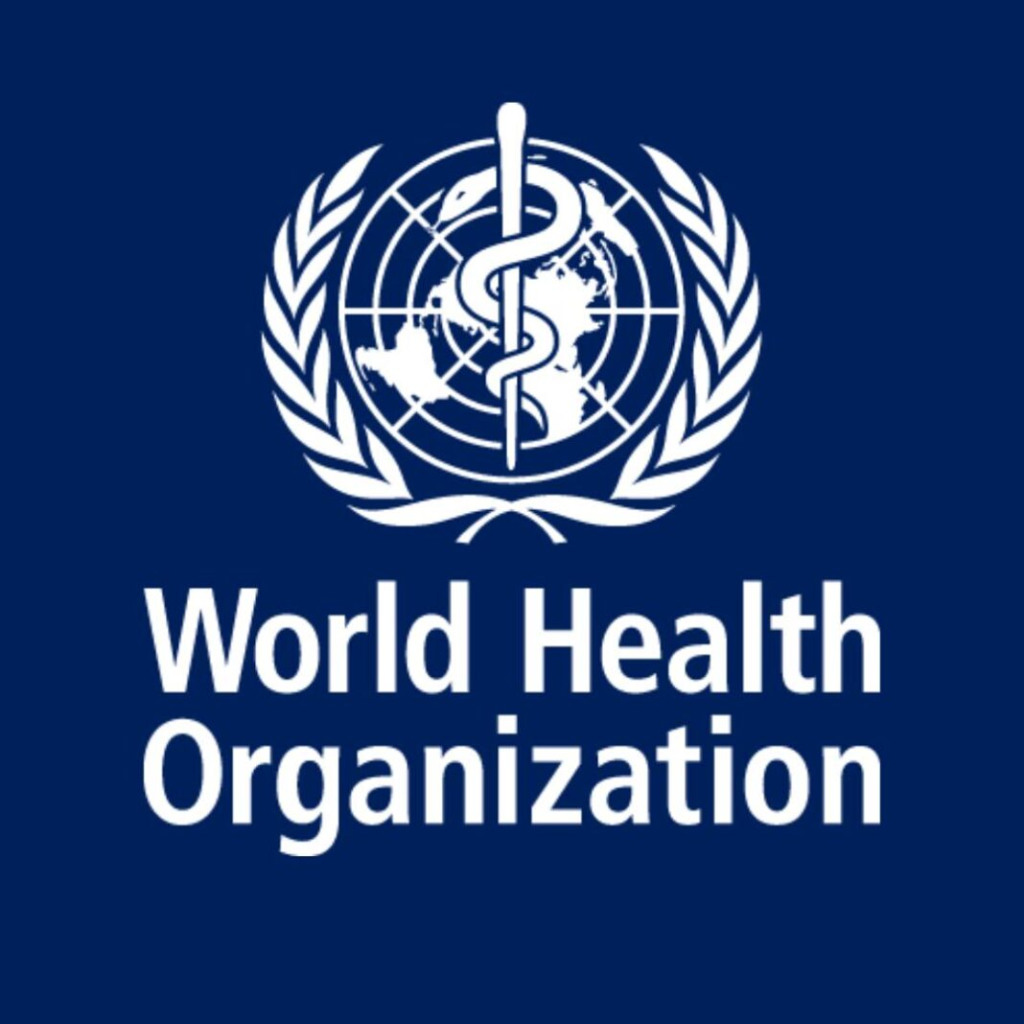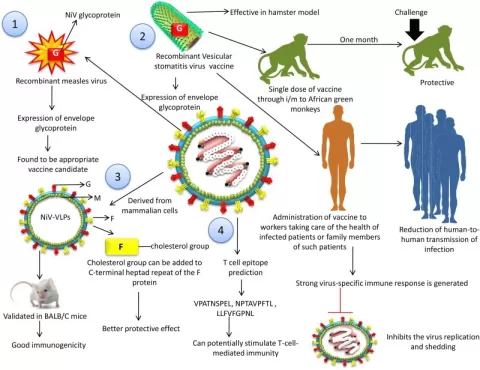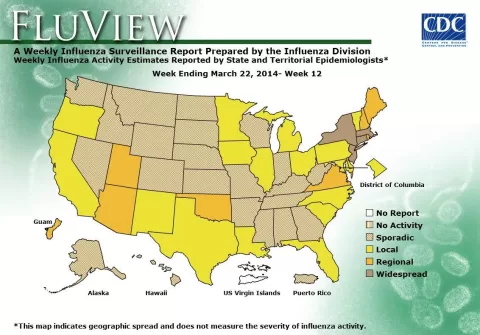The recent announcement of the US withdrawal from the World Health Organization (WHO) marks a pivotal moment in global public health strategy, particularly in light of the Trump administration’s ongoing criticisms of the organization. Citing the WHO’s handling of the COVID-19 pandemic and its perceived susceptibility to political influences, this decision could have profound implications for international efforts to combat infectious diseases. The departure raises concerns about a WHO funding crisis, as the United States has long been a major contributor, vital for supporting global health initiatives. Experts warn that this move jeopardizes not only the effectiveness of the WHO but also the broader impact on global health security and infectious disease response strategies. As the world grapples with the aftermath of the pandemic, the ramifications of the US withdrawal could undermine collaborative public health efforts and leave nations vulnerable to future outbreaks.
In a striking shift in policy, the United States has announced its intention to sever ties with the World Health Organization, a decision that reverberates across the landscape of global health management. This move, driven by the Trump administration’s discontent with the WHO’s performance during the pandemic, highlights a growing rift over international health governance. The implications of this withdrawal extend beyond American interests, potentially leading to a WHO funding crisis that could stall critical health initiatives worldwide. As discussions surrounding public health and the role of the WHO evolve, the absence of US engagement may hinder effective responses to infectious diseases and compromise future collaborative efforts. Understanding this context is essential as stakeholders navigate the challenges posed by diminished international cooperation in health security.
The Implications of US Withdrawal from WHO
The decision by the Trump administration to withdraw from the World Health Organization (WHO) marks a significant turning point in global public health dynamics. This withdrawal could lead to a severe funding crisis for the WHO, as the United States has historically been its largest donor, contributing approximately $1.28 billion during the 2022-23 biennium. Without this financial support, the WHO’s capacity to respond to infectious disease outbreaks and to implement important health initiatives will be drastically diminished, potentially compromising global health security.
Furthermore, the impact of this withdrawal extends beyond financial constraints. It jeopardizes collaborative efforts that the US has built with the WHO over decades, particularly in the areas of disease surveillance and response. Experts warn that such a move could hinder the ability to detect and manage future pandemics effectively, leaving not just the US, but the entire world more vulnerable to health crises. The ripple effects of diminished US involvement could also embolden other nations, potentially shifting the balance of influence within the organization.
Impact on Global Health Initiatives
The withdrawal from WHO raises critical concerns regarding the future of global health initiatives, particularly in combating infectious diseases. The United States has played a pivotal role in various WHO-led programs aimed at eradicating diseases such as polio and smallpox, and its absence could stall progress in these areas. The WHO acts as a coordinating body that enables countries to collaborate on health issues, share vital data, and implement effective strategies. A lack of US participation in these efforts could create gaps in international health responses.
Moreover, the Trump administration’s decision could lead to a significant shift in global health priorities, particularly in low- and middle-income countries that rely heavily on WHO guidance and resources. The implications of this shift could be profound, as these countries often face the brunt of infectious diseases. The WHO’s ability to mobilize funding, resources, and expertise may be compromised, ultimately leading to increased morbidity and mortality rates in vulnerable populations. This scenario highlights the interconnected nature of global health, where the repercussions of one nation’s withdrawal can resonate across the globe.
WHO Funding Crisis and Its Consequences
The impending funding crisis at the WHO due to US withdrawal raises alarms among public health experts. The organization has already faced challenges in securing adequate funding to respond effectively to global health crises, and the loss of US financial support could exacerbate this situation. The WHO’s role in coordinating international responses to health emergencies is crucial, and without sufficient funding, its operational capacity will be severely limited. This could hinder efforts to control outbreaks and manage public health threats, resulting in a more chaotic global health landscape.
Additionally, the WHO’s ability to implement reforms and enhance its effectiveness may suffer as a result of diminished resources. Experts argue that while criticism of the WHO is warranted, the solution lies not in withdrawing but in actively participating in reform efforts. The US has historically had a voice in shaping WHO policies, and its absence could lead to a stagnation in necessary changes that might improve the organization’s response to health emergencies. The funding crisis could ultimately threaten the WHO’s mission to ensure global health security and its capacity to address the root causes of diseases.
US Agencies and WHO Collaboration
The collaboration between US agencies, particularly the Centers for Disease Control and Prevention (CDC), and the WHO has been instrumental in advancing global health initiatives. These partnerships have facilitated crucial disease surveillance programs like the Global Influenza Surveillance and Response System, enabling timely responses to seasonal outbreaks. The loss of US engagement with the WHO could disrupt these collaborative efforts, resulting in a weakened ability to monitor and respond to infectious diseases, which is vital for public health safety.
Furthermore, the relationship between US agencies and the WHO has fostered knowledge exchange and resource sharing, allowing for a more robust global health infrastructure. Without US involvement, the CDC’s effectiveness in implementing public health strategies worldwide could be diminished, leaving gaps in disease prevention and response efforts. Experts emphasize that a strong US presence in WHO initiatives is essential for maintaining a comprehensive approach to global health challenges, and withdrawing could severely limit the capabilities of both US and global health systems.
The Role of the WHO in Pandemic Preparedness
The WHO plays a critical role in pandemic preparedness, providing guidelines and frameworks for countries to follow in the event of an outbreak. The US withdrawal from the organization undermines these efforts and could lead to a lack of cohesion in global health responses. As the world faces increased threats from emerging infectious diseases, the need for a unified response has never been more urgent. The WHO’s expertise in coordinating international efforts is essential for effective pandemic preparedness and response.
Moreover, the WHO’s ability to conduct research, share data, and mobilize resources is paramount in the fight against pandemics. Without US participation, the organization may struggle to maintain its leadership role in global health security. Experts argue that the impact of US withdrawal will be felt most acutely during future health crises, as the WHO’s capacity to coordinate an effective global response may be significantly hampered. This scenario raises serious concerns about the preparedness of nations to tackle potential pandemics in the absence of US involvement.
Reforming the WHO: A Missed Opportunity
Calls for reform within the WHO have gained traction, particularly in light of criticisms regarding its response to the COVID-19 pandemic. However, the US withdrawal represents a missed opportunity to engage in meaningful dialogue aimed at improving the organization’s effectiveness. By stepping away, the US not only relinquishes its ability to influence reform discussions but also risks allowing other nations, particularly those with less favorable motives, to shape the future of the organization.
Reforming the WHO requires collaboration and commitment from member states, and the absence of the US diminishes the potential for constructive change. Public health experts stress that rather than withdrawing, the US could have taken a leadership role in advocating for necessary reforms. Engaging with the WHO would allow the US to address its concerns while contributing to the organization’s evolution, ultimately benefiting global health initiatives and strengthening the international response to health emergencies.
Public Health Risks of US Withdrawal
The potential public health risks associated with the US withdrawal from the WHO are alarming. Experts warn that the lack of US involvement could lead to a decrease in the quality of international health surveillance and response efforts. The WHO relies on the collaboration of its member states to effectively monitor and combat infectious diseases, and removing the US from this equation could compromise the robustness of these efforts. This scenario raises the stakes for global health, as the interconnectedness of nations means that health threats do not respect borders.
Additionally, the repercussions of this decision could extend to health outcomes in the US itself. As the CDC and WHO work closely together on various health initiatives, the withdrawal could limit the CDC’s access to crucial data and resources needed to respond to health threats. This could leave the US more vulnerable to infectious disease outbreaks, undermining years of progress in public health. Experts emphasize that a well-coordinated global health response is imperative for safeguarding the health of populations worldwide, and the US’s absence from the WHO undermines this fundamental principle.
The Future of Global Health Governance
The future of global health governance is uncertain in the wake of the US withdrawal from the WHO. This decision could lead to a fragmentation of international health efforts, making it more challenging to achieve cohesive and effective responses to health crises. With the WHO’s role as a central coordinating body in question, the landscape of global health governance may shift towards a more decentralized model, which could complicate collaboration among nations.
Moreover, the withdrawal could encourage other countries to reconsider their commitments to the WHO, potentially leading to a domino effect that further weakens the organization. Experts argue that the global community must recognize the importance of a unified approach to health governance, especially in times of crisis. The US’s departure from the WHO could set a precedent that undermines international cooperation in addressing health challenges, ultimately jeopardizing the well-being of populations globally.
The Bipartisan Critique of the WHO
Criticism of the WHO’s effectiveness has not been limited to one political party; it has garnered bipartisan support. Members of both the Trump and Biden administrations have echoed concerns regarding the organization’s response to the COVID-19 pandemic and its overall capability to manage global health threats. This shared concern highlights the need for comprehensive reforms within the WHO to ensure it can adequately respond to future health emergencies.
However, the decision to withdraw may hinder efforts to initiate meaningful reforms. Public health experts argue that active participation is essential for advocating for change and improving the organization’s governance. By stepping away, the US may inadvertently weaken the momentum for reform and diminish its influence in shaping WHO policies. This situation underscores the complexity of global health governance, where collaboration and constructive criticism are vital for progress.
Frequently Asked Questions
What led to the US withdrawal from WHO under the Trump administration?
The US withdrawal from the WHO, announced by the Trump administration, stemmed from criticisms of the organization’s handling of the COVID-19 pandemic and concerns about its independence from political influences. President Trump cited the WHO’s failure to implement necessary reforms and its perceived inefficacy in responding to global health crises as reasons for this decision.
How will the US withdrawal from WHO impact global health initiatives?
The US withdrawal from the WHO could significantly undermine global health initiatives, especially those related to infectious disease response. As a leading donor, the US played a critical role in funding WHO efforts to combat pandemics and support health systems worldwide. Without US support, WHO’s ability to effectively respond to health emergencies may be compromised, which could jeopardize public health globally.
What are the implications of US withdrawal from WHO for public health in America?
The withdrawal from the WHO raises concerns about public health in America, particularly in terms of preparedness for future outbreaks. Experts warn that lack of collaboration with the WHO could limit the CDC’s effectiveness in global health surveillance and response efforts, potentially leaving the US vulnerable to infectious diseases that could arise from abroad.
What criticisms has the Trump administration leveled against the WHO?
The Trump administration criticized the WHO for allegedly delaying the declaration of COVID-19 as a Public Health Emergency of International Concern and for its perceived complicity in covering up information related to the pandemic’s origins in China. These criticisms have fueled calls for reform within the organization, which some argue will be less effective without US engagement.
What were the consequences of the US being a major donor to the WHO?
As a major donor, the US significantly influenced WHO operations and global health initiatives. US funding supported vital programs for combating infectious diseases, improving health systems, and responding to health emergencies. The withdrawal of financial support is expected to undermine WHO’s capability to address health crises, affecting both low and high-income countries.
How might the US withdrawal from WHO affect international collaborations on infectious diseases?
The US withdrawal could hinder international collaborations on infectious diseases, such as those facilitated by the CDC and WHO. These collaborations are essential for monitoring disease outbreaks, sharing data, and coordinating responses. Without US participation, the effectiveness of these initiatives may diminish, potentially increasing the risk of uncontrolled disease spread.
What alternatives does the US have after withdrawing from the WHO?
Following the withdrawal from the WHO, the US intends to seek ‘credible and transparent’ international partners to assume some responsibilities previously held by the WHO. However, without the WHO’s established framework and expertise, it may be challenging to replicate the effectiveness of global health efforts that were previously coordinated through the organization.
What does the future hold for the WHO after the US withdrawal?
The future of the WHO after the US withdrawal remains uncertain. The organization may face a funding crisis and challenges in maintaining its global health initiatives. Additionally, without the US’s involvement, efforts to reform the WHO and enhance its effectiveness could be deprioritized, impacting its ability to respond to future health emergencies.
| Key Points | Details |
|---|---|
| US Withdrawal Announcement | The Trump administration announced the withdrawal from WHO citing mishandling of COVID-19 and political influences. |
| Previous Attempt | This is Trump’s second attempt; the first was blocked by the Biden administration. |
| WHO’s Response | WHO expressed regret, highlighting the contributions of the US to global health. |
| US Contributions to WHO | The US has been a major donor and partner since 1948, contributing $1.28 billion during the 2022-23 biennium. |
| Impact on Global Health | Experts warn that withdrawal could compromise WHO’s ability to respond to global health emergencies. |
| Public Health Criticism | Experts, including Michael Osterholm, call this a dark day for public health, increasing risks for the US and global community. |
| Negotiation Participation | The US will end participation in WHO negotiations on pandemic agreements and health regulations. |
| Withdrawal Timeline | The withdrawal requires a one-year notice and fulfillment of financial obligations. |
Summary
The US withdrawal from WHO marks a significant turning point in global health governance. This decision, driven by criticisms of the organization’s handling of the COVID-19 pandemic, raises concerns about the future of international health collaboration. Experts warn that the absence of US support could hinder WHO’s effectiveness in managing global health crises and responding to infectious diseases. As one of the largest contributors to the organization, the US’s departure may leave a considerable void in resources and influence, potentially compromising global health security for all nations.
The content provided on this blog (e.g., symptom descriptions, health tips, or general advice) is for informational purposes only and is not a substitute for professional medical advice, diagnosis, or treatment. Always seek the guidance of your physician or other qualified healthcare provider with any questions you may have regarding a medical condition. Never disregard professional medical advice or delay seeking it because of something you have read on this website. If you believe you may have a medical emergency, call your doctor or emergency services immediately. Reliance on any information provided by this blog is solely at your own risk.








